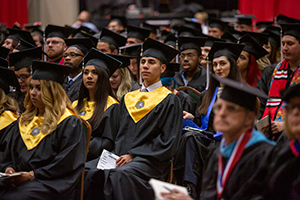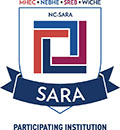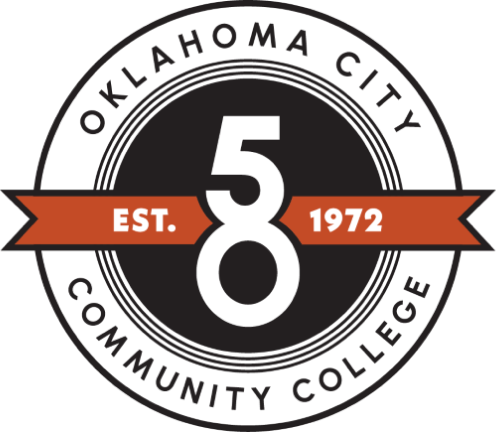Human Resources ADA Definitions
ADA Definitions
Access. The opportunity for persons with disabilities to participate in, utilize, benefit from, and enjoy the same facilities, programs, and services as non-disabled persons.
Americans with Disabilities Act (ADA). The ADA is a federal anti-discrimination law designed to remove barriers that prevent qualified persons with disabilities from enjoying the same educational and employment opportunities available to non-disabled persons.
Event Accommodation. An adjustment, auxiliary aid or service that provides a person with a disability equal access to an event, lecture, meeting, and/or facility. Accommodations can include, but are not limited to interpreters, captionists, written materials in alternate format, listening devices and physically accessible locations.
Major Life Activities. Functions such as walking, seeing, hearing, speaking, breathing, performing manual tasks, caring for oneself, sitting, standing, lifting, reaching, thinking, concentrating, reading, and writing.
Person with a Disability. One who has a physical or mental impairment that substantially limits her/him in one or more major life activities; one who has a record of such an impairment; or one who is regarded as having such an impairment.
Qualified Individual with a Disability. In the educational context, refers to a student with a disability who satisfies the essential requirements for admission, for his or her academic program, and for each course of study. In the employment context, refers to an individual with a disability who satisfies the requisite skill, experience, education and other job-related requirements of the employment position and who can perform the essential functions of the position, with or without reasonable accommodation.
Reasonable Accommodation. Any modification or adjustment to a job or the work environment that will enable a qualified applicant or employee with a disability to participate in the application process or to perform essential job functions. Reasonable accommodation also includes modifications to assure that a qualified individual with a disability has rights and privileges in employment equal to those of non-disabled employees. An accommodation is reasonable as long as it does not create an undue hardship on the College.
Substantial Limitation. The inability to perform a major life activity or a significant restriction as to the condition, manner, or duration under which a person can perform a particular major life activity as compared to the average person in the general population.
Undue Hardship. An action requiring significant difficulty or expense, when considered in light of factors such as the college’s size, financial resources, and the nature and structure of its operation. In determining whether an accommodation would impose an undue hardship on the college, factors to be considered include: the nature and cost of the accommodation requested; the overall financial resources involved in the provision of the reasonable accommodation; the overall financial resources of the college; the composition, structure and functions of the workforce of the college; and the impact of the accommodation upon the operation of the college, including the impact on the ability of other employees to perform their duties and the impact on the college’s ability to conduct business.









